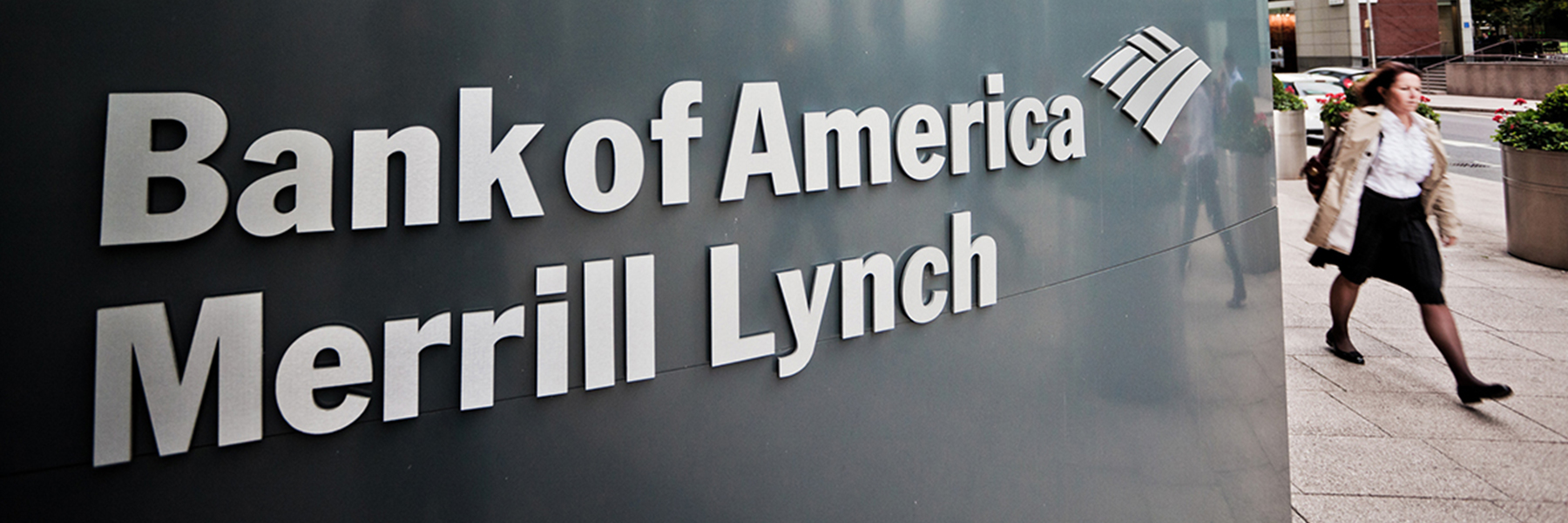As consumer interest in cryptocurrency investing has surged in recent years, registered investment advisory firms are warming slowly to an asset class that its more reserved proponents see as a risky proposition for clients and what its most fervent evangelists have compared to the invention of the wheel.
In recent months, an increasing number of RIAs have moved beyond client education to actually offer crypto investing to some of their customers with higher risk tolerances, said Ben Cruikshank, head of MassMutual-owned Flourish Crypto, which provides RIAs with crypto investing, trading, integrations and compliance help. Many are driven by a sense of competition.
“RIAs are seeing their accumulator clients, their next-generation clients, having an account at Coinbase–which has 72 million verified users–and taking money away from them,” Cruikshank said. “They want to bring those assets back in-house, have visibility into those accounts–that’s very much a key driver.”
Some, such as Ritholtz Wealth Management in New York or Halbert Hargrove in California, which manage $1.8 billion and $2.7 billion in assets, respectively, have jumped in to create their own funds or offer separately managed accounts.
Even some holdouts are changing their tune, according to a review of Securities and Exchange Commission filings. Rockford, Illinois-based Savant Wealth Management, which manages $10.8 billion in assets, wrote in a December ADV that it does not recommend cryptocurrency, which it considers a “speculative” investment. But a Savant spokeswoman said in response to a reporter’s questions that they’re “actually very close to updating that language and doing a pilot of an offering.”
The anecdotal uptake comes as 16% of advisors reported allocating to crypto in client accounts, up from 9% the year before, according to a recent survey by Bitwise Asset Management and ETF Trends. Ninety-four percent of advisors received questions from clients about crypto in 2021, up from 81% the year before, according to the study, which surveyed 619 advisors, 45% of whom were independent RIAs.
Different Strokes
At the same time, lawyers and consultants who work with RIAs on crypto compliance said that adoption is still at a very early stage. Many are still treating cryptocurrency essentially the same as wine, jewelry, or art collections when crafting financial plans.
“I would say that the number of advisors actively recommending and investing directly in digital assets remains quite low,” Max Schatzow, partner at law firm RIA Lawyers, wrote in an email.
For example, Carson Wealth, Ron L. Carson, Jr.’s eponymous $20 billion-plus-asset RIA in Omaha, Nebraska is staying out of the fray. They provide educational materials from a custodian or in-house if customers ask, but have no timeline for offering their own products, according to Jamie Hopkins, managing partner of wealth solutions at Carson.
Carson and others are holding tight and waiting for a combination of regulatory clarity, better products, availability of professional liability insurance coverage, the approval of an “easy-button” option such as a spot bitcoin exchange-traded fund (ETF), or more meaningful price histories before entering the fray, Hopkins said.
“It’s a little different from a traditional securities investment, where we have somewhat agreed-upon standards on how to review investments,” Hopkins said. “I would expect that we will someday have a crypto-type offering, but what does ‘someday’ mean? Because it’s not tomorrow.”
Still, despite a tumultuous ride for cryptocurrencies in the past 12 months, both proponents and skeptics agree that rising customer interest may force advisors into the now 13-year-old crypto market, and expectations are rising that RIAs should at a minimum be well-versed in bitcoin, including issues around tax implications, custody and managing keys.
RIA-focused crypto education and service provider Onramp Invest issued a report earlier this year advocating for the Certified Financial Planner Board of Standards to revise its exam curriculum to include digital assets. The report posited that advisors risk breaching their fiduciary duty by “failing to give clients advice about their crypto assets.”
Meanwhile, some RIAs are discovering that clients, without coming to them for advice or even broaching the topic, have already invested in cryptocurrencies in held away accounts, according to Cruikshank at Flourish Crypto.
One multibillion-dollar-asset RIA working with Flourish discovered a “surprising” percentage of their customers were hiding crypto holdings from their advisors, largely out of “embarrassment” to even bring it up, Cruikshank said. The RIA, which Cruikshank declined to identify, was so “shocked” by the findings that it made a policy this year to have its advisors talk to every client about crypto, he said.
Since launching roughly four months ago, Flourish Crypto has brought on more than 50 RIAs with an average of $1.5 billion in client assets under management. It sources crypto clients largely from its more established Flourish Cash product for cash management, used by more than 400 RIAs, according to Cruikshank.
Of the advisor clients invested in crypto, 72% had exposure to bitcoin, 50% to ether, and just 16% to “other altcoins such as Solana or Cardano,” although 54% had exposure to crypto-related equities, according to the Bitwise survey. (Bitcoin, with a $798 billion market cap, accounted for the lion’s share of roughly $1.87 trillion in global crypto market cap as of late afternoon Monday, according to CoinMarketCap.)
Most proponents still limit their recommended allocations to between 1% and 5% of a client portfolio. RIAs have adopted a variety of products.
Ritholtz Wealth Management in December partnered with WisdomTree Investments to open a fund, the RWM WisdomTree Crypto Index. A spokesperson for Ritholtz said the firm is the only RIA with exposure to the 13-coin index but otherwise declined to comment on client traction into the offering.
Marty Bicknell, CEO of Overland Park, Kansas RIA Mariner Wealth Advisors, said he hasn’t seen much in terms of client flows into bitcoin from his firm’s $56 billion in client assets. Bicknell offers crypto separately managed accounts through Eaglebrook Advisors, a money manager founded in 2019 that has raised $22 million from investors including Bicknell.
“Clients do want access to crypto, but it’s still a small percentage,” Bicknell said in a phone interview. “It’s mostly something that we feel like you have to have an answer for, and personally it’s something that I believe in.”
Eaglebrook serves about 500 financial advisors at 40 RIAs. It had about $135 million in total AUM as of Nov. 1, 2021, according to its Form ADV.
Halbert Hargrove, in Long Beach, California, is another Eaglebrook customer and is already seeing some inflows, Brian Spinelli, who chairs the firm’s investment committee, said in a statement. He declined to provide specifics but said the firm recommends an allocation of around 1% to 2% of liquid assets for some clients.
Still, in another indication of confusion in the marketplace, Ric Edelman, founder of Edelman Financial Services (now Edelman Financial Engines), has become an outspoken proponent of crypto investing. But of its founder’s personal forays into digital assets and related technology, Edelman Financial Engines, which manages $291 billion in assets, clarifies: “His views do not necessarily represent those of the Firm generally, and do not constitute a recommendation for any specific Firm client or groups of clients.”
On a cryptocurrency FAQ webpage, Edelman Financial Engines says it’s “exploring investment vehicles for indirect exposure to the digital asset space via publicly traded securities.”
What goes up
Advisors themselves are split on where bitcoin is headed. Around 8% of respondents to the Bitwise survey expected that in five years, bitcoin’s price will go beyond $500,000, while 3% said it would go to zero.
Custodians may also help to usher in advisor adoption. Researchers with Fidelity Digital Assets, a crypto-focused arm of Fidelity Investments, have compared cryptocurrency to “the invention of the wheel.”
But, in the same report, Fidelity warned about bitcoin’s “undiscovered flaws,” which “could result in the loss of some or all assets held.”
Bitcoin price peaked on Nov. 20 of last year at just over $69,000, but a sustained sell-off dragged its price to a recent low of $32,933 on Jan. 24, representing a 52.4% drawdown, according to NYDIG. In the weeks since bitcoin crept back above $45,000 and was trading at roughly $42,170 as of 3:15 p.m. ET Monday afternoon.
Original Article: AdvisorHub



